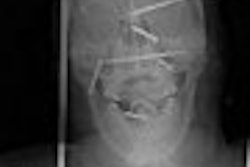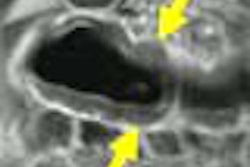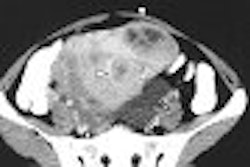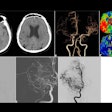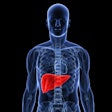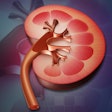CT-guided radiofrequency catheter ablation is being performed ever more frequently to treat atrial fibrillation (AF), a common cardiac dysrhythmia that is responsible for significant morbidity and mortality among older adults.
Dear CT Insider,
CT-guided radiofrequency catheter ablation is being performed ever more frequently to treat atrial fibrillation (AF), a common cardiac dysrhythmia that is responsible for significant morbidity and mortality among older adults.
By electrically short-circuiting the errant electrical signals that cause wide variations in heartbeat, the interventional procedure has improved cardiac function in as many as 90% of RFCA patients. As a result of the procedure, many are also able to discontinue drug regimens that are both expensive and frequently ineffective.
At last month's International Symposium on Multidetector-Row CT, hosted by Stanford University, Dr. Joan Lacomis from the University of Pittsburgh Medical Center described new trends in RFCA at her institution, and the importance of good preprocedural planning with MDCT. Lacomis offers a wealth of imaging experience on what electrophysiologists are looking for in the left atrium -- and how to give it to them -- in this issue's Insider Exclusive.
Also from the recent Stanford symposium, don't miss our articles on optimizing workflow with your CT scanner, a panel discussion on CT screening, and the latest in the debate on CT radiation dose. In the coming weeks, look for new stories from this important CT meeting -- and more -- all in your CT Digital Community.





